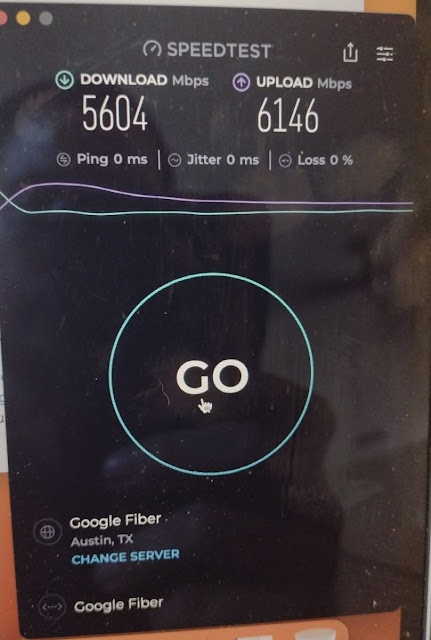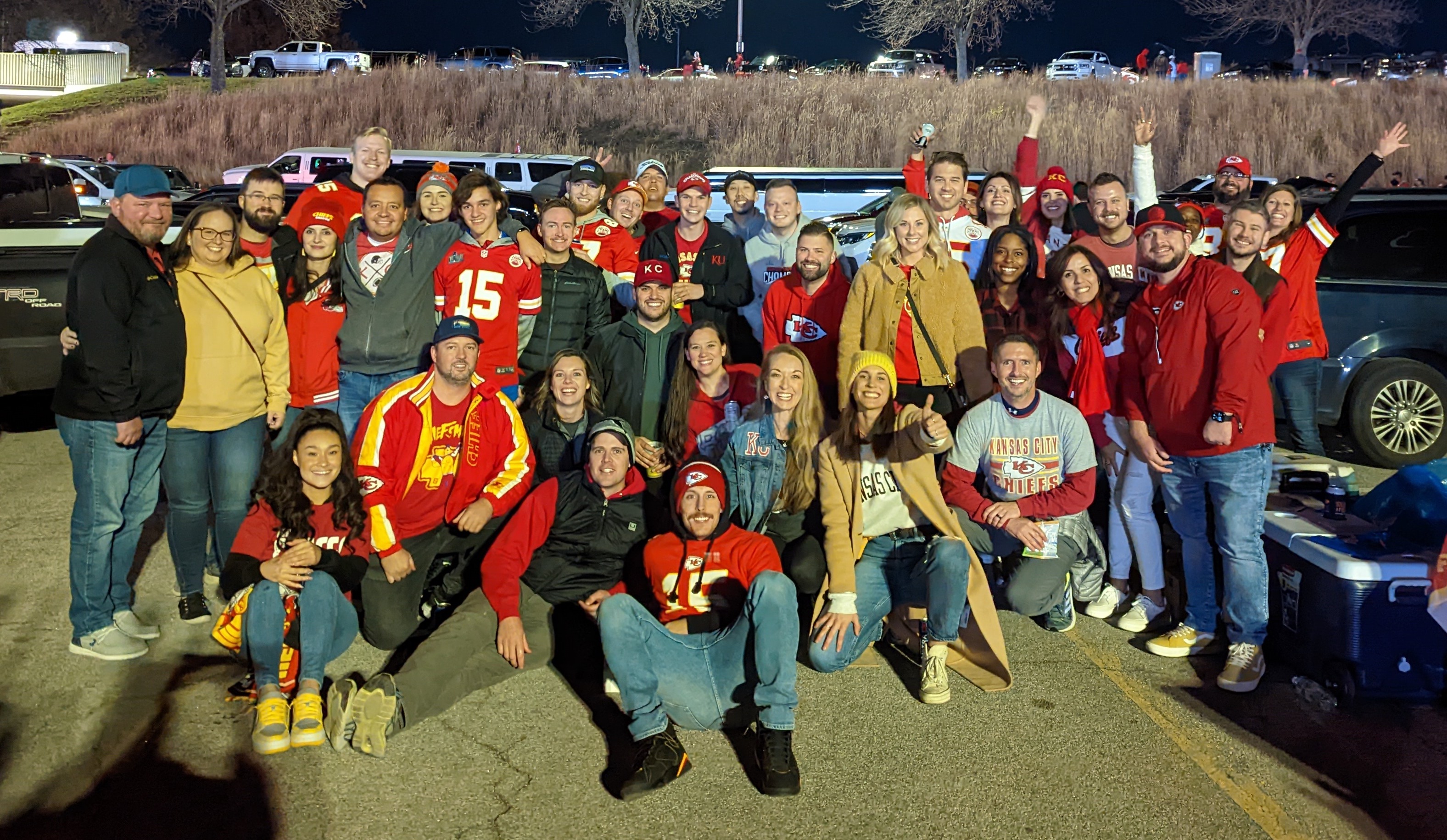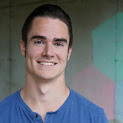Greetings from Texas — where everything is bigger, including our Austin fiber network, which has grown in leaps and bounds since you last heard from us. It’s not just bigger, it’s also faster. As of today, customers across Austin can sign up for 5 Gig which comes with symmetrical upload and download speeds up to 5,000 mbps, an included Wi-Fi 6 router, up to two mesh extenders, a 10 Gig Fiber Jack, and professional installation for $125 month.
And 5 Gig will be available in a lot more places as new construction areas are connected to our network and we open sign-ups for service in new neighborhoods. We’ve continued to grow our network within the City of Austin, and we’ve also begun serving customers in several Travis County neighborhoods located just outside of Austin’s city limits. And we’ll be kicking off construction in both Round Rock and West Lake Hills in the coming months.
We also recently announced expansion to Rollingwood, and our team is in conversations with many other surrounding communities about bringing GFiber to their residents and businesses. We’re working to bring better internet to more people across Central Texas, and hope to have more to share soon.
Our investment in the Austin community has continued to deepen as our network has grown. GFiber’s Gigabit Community program, in collaboration with the Housing Authority of the City of Austin (HACA), continues to expand — launching three new communities over the last two years serving hundreds of additional households in need with free gigabit internet, along with devices and digital skills training. This brings the total number of Austin families served by the program to over 1,300.
Next up is Espero at Rutland, which will support our community's goal to transition our homeless neighbors into long term housing.
Our Community Connections program, which kicked off in 2013, also continues to grow — GFiber now provides gigabit internet to more than 50 local community organizations and institutions in Austin at no cost. Since our last city update, we’ve connected 18 new Community Connections, including:
The ARC of the Capital Area
McCallum High School
As our network reaches new neighborhoods and cities, more organizations become eligible for this program, and we’ll continue to help them meet their internet needs so they can serve their constituencies and their missions.
Along with these two primary programs, Google Fiber continues to work with local organizations to increase access to quality internet and to build digital literacy and STEM skills across Austin.
Working with Foundation Communities, Google Fiber is providing gigabit internet to those transitioning to permanent housing. Additionally, we’re supporting Community Tech Network’s efforts to get more Austinites enrolled in the Affordable Connectivity Program, a federal program that provides $30 a month for internet service to those who are eligible.
However, internet access without the ability to navigate the online world won’t get you anywhere. Recent partnerships with amazing local organizations working to ensure everybody has the digital skills they need to thrive include:
Avance-Austin, a recent NTEN Catalyst Award-winner for their outstanding digital inclusion work in our community
Austin Free Net, which has for decades worked to ensure all our neighbors have access to technology and the skills to use it
As you can see, we’ve got a lot going on in Austin — and it’s all speeding up (literally!) with 5 Gig coming online now. Additionally, we’ll start testing 20 Gig service in Austin later this year.
If you are looking for how to keep up on what’s happening in your neighborhood, you can sign up for updates here. And follow us on social media (Twitter, Facebook, Instagram, LinkedIn) to get the latest news from throughout the Central Texas region.
Posted by John-Michael Cortez, Government & Community Affairs Manager

.jpg)








.jpg)




